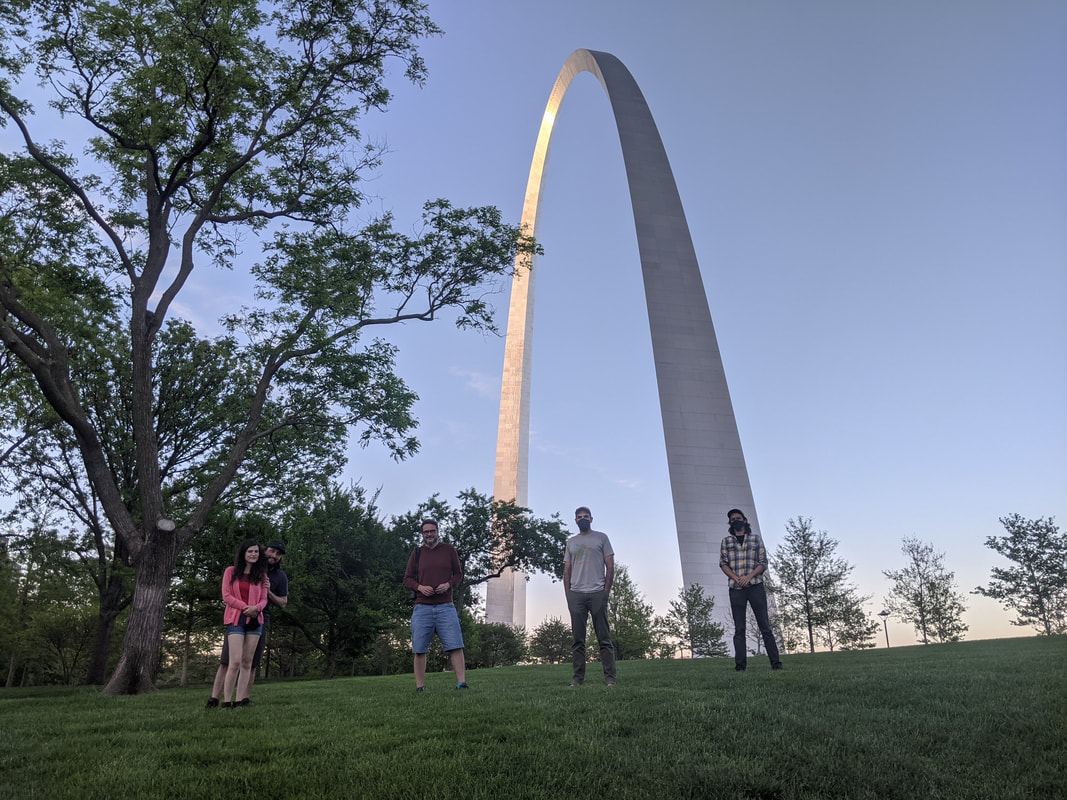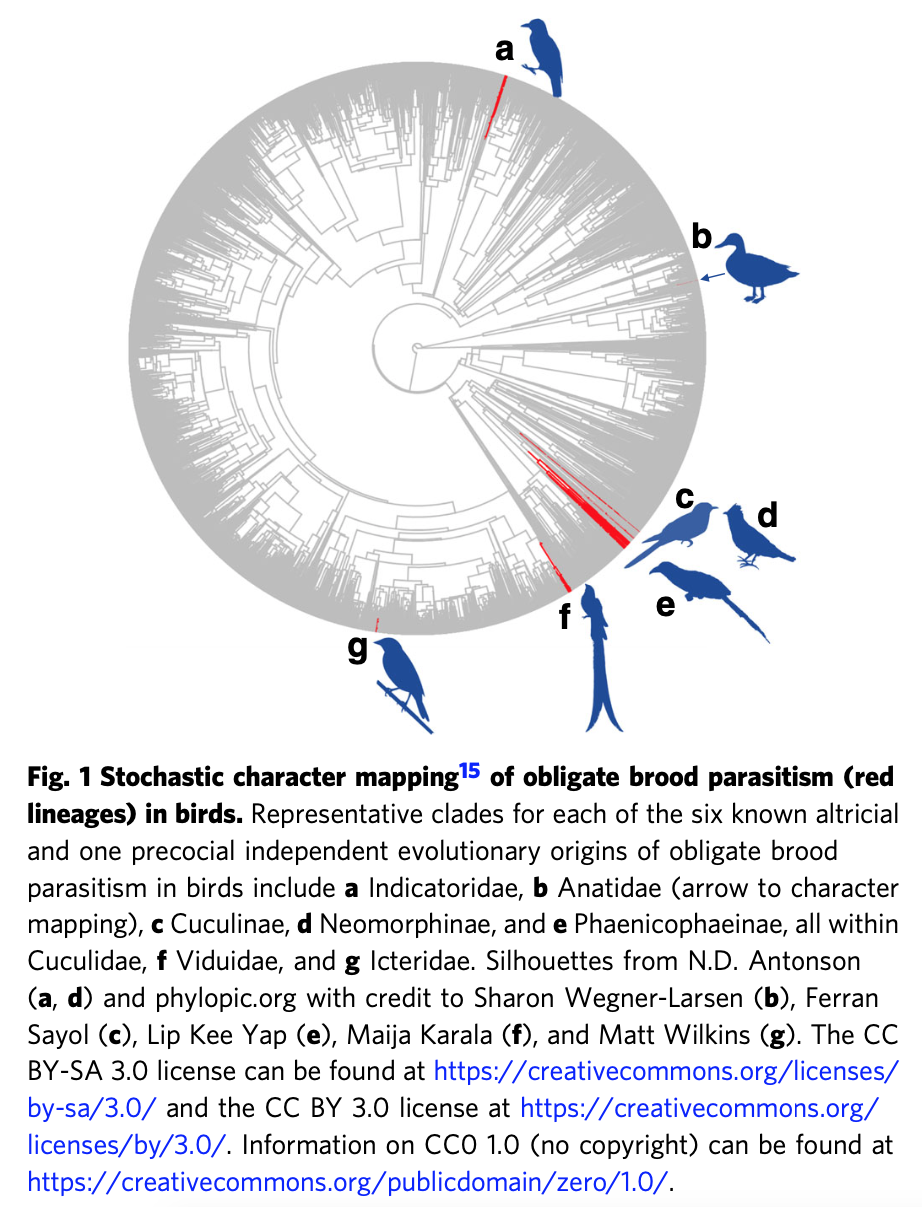|
Our paper on brains and phenotypic responses to climate change has received considerable media attention which has allowed us (mainly Justin) to engage with the public in fun ways that us scientists not always have access to. Tomorrow Justin will make his debut in public radio! Check him out at:
I am delighted to announce that Justin Baldwin's first paper from the Botero Lab is out today! His work shows that rates of phenotypic evolution in response to global change are lower in birds with larger relative brain size. What a pleasure it has been to collaborate on this effort. Other similarly exciting (some perhaps even more?) findings this work are soon to come. Onwards Justin!
Here's a link to the paper (check our publications page for the paper itself) Every postdoc must come to an end. Today we say goodbye to our wonderful friend and colleague Angela Chira, who has taken a new position at the Max Planck Institute for the Science of Human History. Best of luck Angela on this new stage of what is already an amazing career. We will miss you! Socially distanced good bye picnic at the Gateway Arch. From L to R: Angela Chira, Jordan Brock, Joan Garcia-Porta, Carlos Botero and Justin Baldwin.
BIG thanks to the Institute for School Partnerships at Washington University for hosting a recent SciZoom that allowed us to connect to hundreds of middle school kids all over the US (and even abroad!) to talk about evolution, climate change and birds! It was a wonderful experience and we hope to be repeating it on a regular basis. The recording for this meeting is available below... Angela Chira (postdoc at the Botero Lab) just gave an amazing talk on our work testing Jarred Diamond's "Axis of Orientation" hypothesis. Please have a look below... Vince Fasanello treated us yesterday to an amazing overview of his research at the Botero Lab, using experimental evolution and biogeography to investigate Janzen's mountain pass hypothesis. His talk was part of the Living Earth Collaborative and the Ecology, Evolution and Population Biology seminar series at Washington University. It can be watched any time, at your own convenience below. Great job Vince! Huge congrats to Vincent Fasanello for pushing through a long review process and getting our recent paper through the finish line. The paper describes a new system for experimental evolution in yeast that will set us up for many exciting studies! Shout out to our awesome collaborator Justin Fay. Without him, none of this would have been possible. Thanks to Ping Liu as well for her hard work. Very proud of all...
As a long time fan of STL public radio and a frequent listener of Saint Louis on the Air, I was delighted to be Sarah Fenske's guest today and to talk about our study on avian brood parasites. My connection faltered but interview somehow came through... thank you to the professionals at STL public radio for making this happen!
Please follow this link to read an excerpt of the coverage and listen to the piece and do consider donating to your public radio station! Thanks to Nick Antonson, Dustin Rubenstein and Mark Hauber for a great collaboration!
Check it out at: https://rdcu.be/b6oEM I recently visited the National Institute for Mathematical and Biological Synthesis to give an invited talk on the origin and spread of human agriculture. Thank you to Dr. Sergey Gavrilets for being an amazing host and to all the wonderful colleagues that I met during this visit. The recorded talk is available below: |
our Lab's newsfeed...If you only have time to read ONE post... please read this one! Archives
February 2022
Categories |


 RSS Feed
RSS Feed
